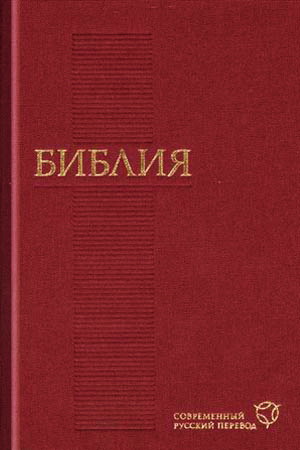
Sacks - Covenant Conversation - 1 - Genesis
"We must live with the times,” the Rebbe said.
The disciples, sitting around the table, eagerly awaiting the master’s words, were perplexed. “Live with the times? Isn’t that what the enemies of faith are always saying - The past is dead; long live the future? Surely we believe the opposite, that God’s word is eternal, that certain things do not change, that values and principles and laws are constant. To be a Jew is to be beyond time. What then does the Rebbe mean when he says, We must live with the times?”
“What I mean,” said the Rebbe, “is that we must live with the parashat hashavua, the weekly portion of the Torah.”
Like so many Jewish stories, ancient and modern, this one, told of the sixth Lubavitcher Rebbe, contains hidden depths. Wherever they are throughout the world, Jews read a weekly portion of the Mosaic books - the parashat hashavua. It forms the music of the Jewish year. Autumn is Genesis (Bereshit) with its tales of beginnings, the birth of the world, of humanity and of the Jewish people. Winter is Exodus (Shemot), the story of exile and redemption, slavery and freedom and the beginning of the long journey through the wilderness in search of the Promised Land. Spring is Leviticus (Vayikra), with its laws of sacrifice, sometimes remote to the modern ear, yet shot through with ethical grandeur and at its fulcrum the two greatest moral imperatives of all - to love our neighbour as ourselves, and the far harder yet ultimately more important command to love the stranger, the other, the one not like ourselves. Numbers (Bemidbar) ushers in Shavuot, the festival of revelation, and does so with the story of the Israelites in the wilderness, a fraught tale of backslidings and rebellions, perhaps the most realistic narrative ever told of the birth of a nation. Summer is Deuteronomy (Devarim), that magnificent book of Moses’s addresses in the last month of his life, his vision - never surpassed - of Jewish history and destiny as the people of the covenant, charged with living in faithfulness to God.
Rabbi Jonathan Sacks - Covenant Conversation. A Weekly Reading the Jewish Bible. Genesis: The Book of Beginnings
Maggid Books & The Orthodox Union, Koren Publishers Jerusalem Ltd., Jerusalem, New Milford, London, 2009. - 260 pp.
ISBN 978-1-59264-020-1, hardcover
Rabbi Jonathan Sacks - Covenant Conversation. A Weekly Reading the Jewish Bible. Genesis: The Book of Beginnings - Contents
Living With the Times: The Parasha
Genesis: An Introduction
Bereshit בראשית
The Book of Teaching
The Essence of Man
Three Stages of Creation
Violence in the Name of God
Garments of Light
Noah נח
Beyond Obedience
Babel: A Story of Heaven and Earth
The Objectivity of Morality
Drama in Four Acts
Lekh Lekha לך-לך
The Long Walk to Freedom
A New Kind of Hero
Four Dimensions of the Journey
Fathers and Sons
Promise and Fulfillment
Vavera וירא
God and Strangers
Challenging God
The Ambivalent Jew
The Miracle of a Child
Hayei Sara חיי־שרה
Land and Children
Prayer and Conversation
Parental Authority and the Choice of a Marriage Partner
On Judaism and Islam
Toledot תולדות
On Clones and Identity
The Future of the Past
The Courage of Persistence
The Other Face of Esau
Vayetzeh ויצא
Encountering God
The Ladder of Prayer
When the “I” is Silent
On Love and Justice
Hearing the Torah
Vayishlah וישלח
Physical Fear, Moral Distress
Wrestling Face to Face
Surviving Crisis
Jacob’s Destiny, Israel’s Name
Vayeshev וישב
The Tragedy of Reuben
Refusing Comfort, Keeping Hope
Flames and Words
A Tale of Two Women
Miketz מקץ
Man Proposes, God Disposes
Between Freedom and Providence
The Universal and the Particular
Behind the Mask
Vayigash ויגש
In Search of Repentance
Penitential Man
Does My Father Love Me?
Forgiveness
Vayehi ויחי
The White Lie
Forgetfulness and Fruitfulness
The Future of the Past
Jewish Time
About the Author
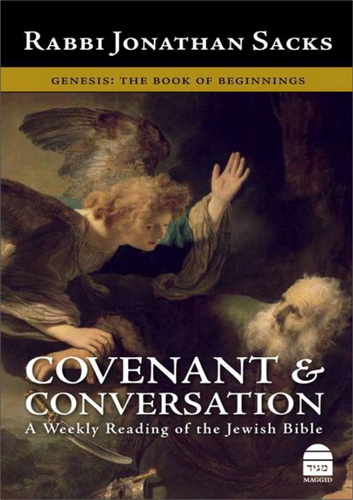
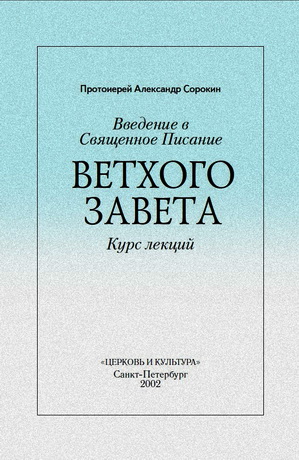
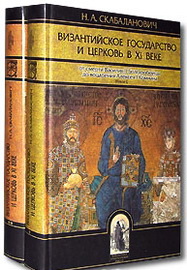

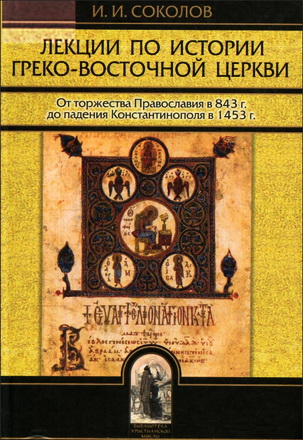
Комментарии (2 комментария)
Вся серия!
Отличный комментарий! В среднем по четыре урока Жизни на каждую главу Торы